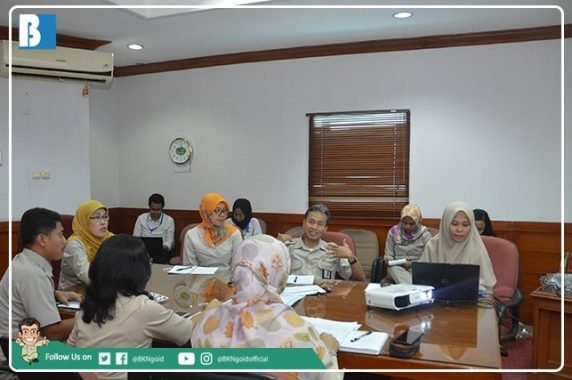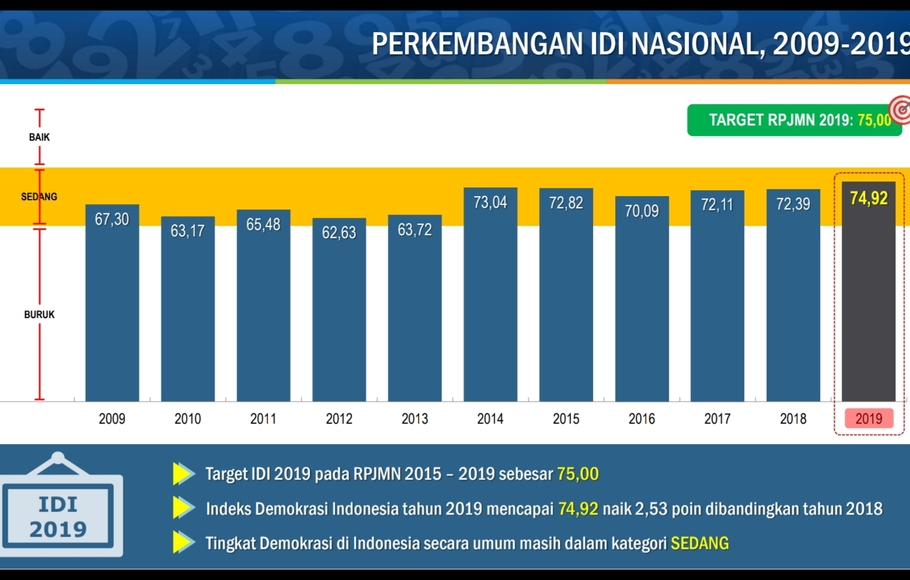
An Exploration of the Psychological Factors Affecting Remote e-Worker's Job Effectiveness, Well-Being and Work-Life Balance. Grant, C.A., Wallace, L.M., Spurgeon, P.C. The Quarterly Journal of Economics, 165–218. Does Working from Home Work? Evidence from A Chinese Experiment. ESEC/FSE 2020, 8 - 13 November 2020, Sacramento, California, United States.īloom et al. How does Working from Home Affect Developer Productivity? A Case Study of Baidu During COVID-19 Pandemic. , diakses pada tanggal 18 Juni 2020.īao et al. 5 Tips for Staying Productive and Mentally Healthy While You're Working from Home Time. Psychological support such as trust from the leaders is necessary as it greatly controls the effectiveness of working remotely and the balance between work and personal life of the librarians.Īustin, Patrick Lucas.

In order to maintain the psychological condition and productivity of LIPI librarians during WFH, the policy should be followed up with regular communication and monitoring from management to subordinates to control the librarians’ work targets. This suggests that there are other factors that affect librarians’ productivity apart from psychological conditions during WFH. Overall, there is a positive influence between the psychological effects during WFH and the productivity of LIPI librarians even though the correlation between the two is weak. Regarding the productivity of LIPI librarians during WFH, most librarians are motivated, comfortable with the workplace they have, able to make structured planning activities, do not have trouble during WFH, and able to achieve the quality work targets. Sports and hobbies are beneficial for their mental health. During WFH, librarians have sufficient time to rest, as a result they do not experience sleep disturbances or feel tired from their daily routine. The results of the study on librarians’ psychology during WFH suggests that communication and social interaction via online media helps reduce loneliness and facilitate coordination in completing work targets.

#Monitoring kinerja di badan pusat statistik software#
Questionnaire data were analyzed in descriptive statistics, and the correlation between psychological effects during WFH on librarians’ productivity was analyzed using SPSS software and simple linear regression equation. In order to find out more about the respondent's response to the research topic and questionnaire questions, semi-structured interviews with 5 respondents from each level of librarian position were also conducted. The questionnaires were distributed via Google Form to 45 respondents selected by purposive sampling. The population data were all PDDI librarians who work in Bogor, Cibinong, Jakarta, Serpong and Bandung. The study used a quantitative method with questionnaires using a Likert scale. The study began by analyzing the demographic characteristics of librarians, librarians’ psychological condition, and librarians’ productivity during WFH. This study aims to determine the psychological effects during WFH on librarians’ productivity in the Center for Scientific Data and Documentation (PDDI LIPI).


 0 kommentar(er)
0 kommentar(er)
